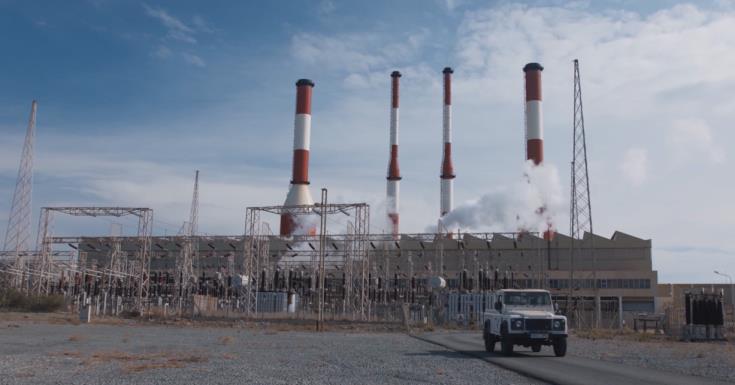Consumers should prepare for more hikes in their electricity bills, as the Cyprus Electricity Authority (EAC) is liable to pay €183 mln for greenhouse gas emission rights in 2022, 150% over the 2021 penalty.
According to the authority’s 2022 budget, submitted before parliament for approval, the authority has earmarked €183,281,000 for buying emission rights, up from €72.9 mln in 2021 and €74.7 mln in 2020.
EAC’s greenhouse gas emissions are expected to reach around 2.96 million tonnes of carbon dioxide this year.
The authority buys the right to emit greenhouse gases from the state, allocated by the European Union to member states, according to the size of the country.
The final price of electricity depends largely on the purchase price of greenhouse gas emission allowances, particularly carbon dioxide emissions, in line with a policy that applies to all EU states, including Cyprus.
According to the latest data, since January 2021, the cost of purchasing emission allowances (EUAs) on the EU’s carbon market has increased by more than 170%.
In November last year, the cost increased by 50%, from €60 a tonne to €90.
According to the EAC budget, the amount of fuel estimated to be used in electricity production in 2022 is expected to be 579,200 metric tonnes of Fuel Oil (Mazut) and 344,800 metric tonnes of Internal Combustion Oil.
Regarding the purchase of electricity from renewable energy sources, €346 mln is budgeted.
In cooperation with the Ministry of Energy, the authority contributes to the development of electricity production from Renewable Sources.
The EAC buys the electricity produced from Renewable Energy Sources by private producers at the respective price as determined by the Cyprus Energy Regulatory Authority (CERA)
It is expected the EAC will buy some 739 GWh from private producers.
Cyprus is still heavily dependent on fossil fuels, despite its commitment to the EU to reduce CO2 gas emissions by at least 55% by 2030, increasing energy efficiency by a minimum of 32.5%.
It is obligated to increase the contribution of Renewable Energy Sources to its energy mix to 40% by 2030.
Authorities hope to bring down emissions by 25-30% with the introduction of natural gas, committing to do so next year.
A planned subsea electricity cable, the EuroAsia Interconnector, connecting the electricity grids of Cyprus, Israel and Greece is also expected to cut CO2 emissions by 20%.










